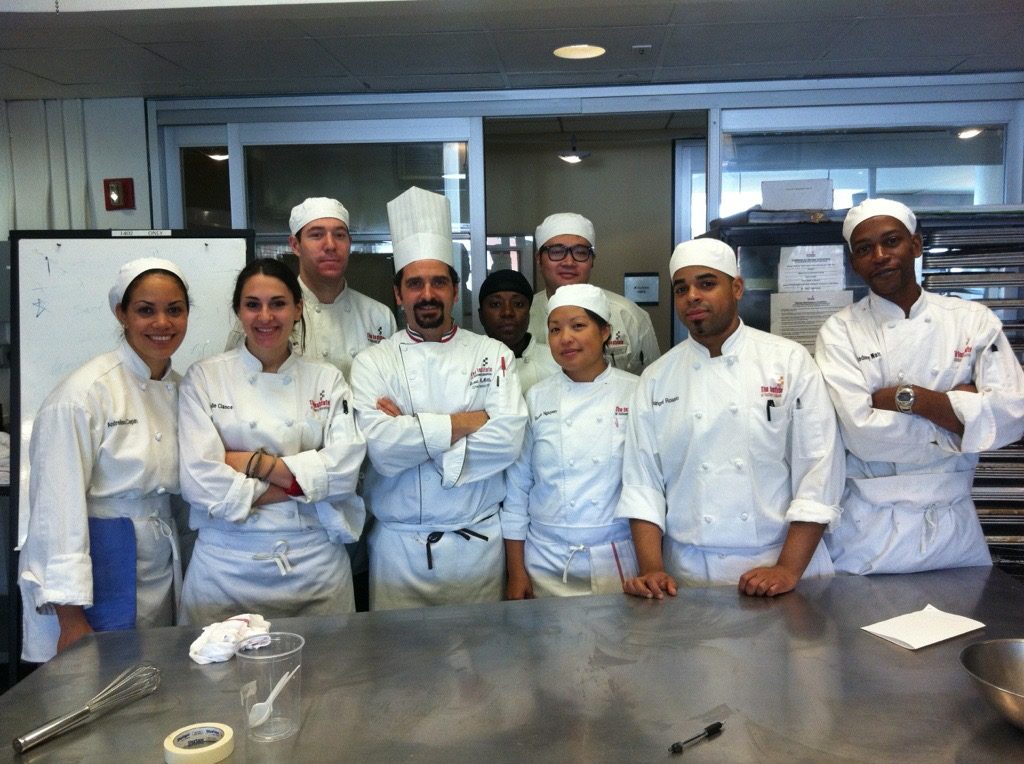
When I finally decided to take the plunge to go back to school and become a chef, I really had no idea what culinary school was going to be like. All I knew was that I really wanted to be there. There were so many questions in my head and I just wanted answers and to learn MORE. It was the best and hardest time I ever had in school and I still remember all the disappointments and victories in class like they were yesterday. So from culinary school to all the jobs I’ve had cooking in between, here are a few things I wanted to share that have made me a better cook.
Important lessons I’ve learned on how to be a better cook.
1. Read recipes thoroughly. At least twice, if not three times, before you plunge in. I’ve skimmed over recipes many times, thinking I could make it with my eyes closed, only to proceed and miss some tiny, vital step. It’s worth the extra time to comprehend a recipe completely. Making mistakes only wastes time and money.
2. Taste everything as you’re cooking. For the best, final outcome in your food, you should be tasting along the way. Just because a recipe tells you to add a teaspoon of salt, how will you know that was enough to season a pot of stew? By tasting it. Food can also taste completely different after an hour of simmering. After adding lemon juice to a vinaigrette, how do you know if it’s acidic enough for your salad? You can taste it by dipping a salad leaf in to check. Always check for balance by taste testing your food and make adjustments.
3. Clean as you go. I know this might be hard for some people. As I’m cooking, I try to work cleanly. I wipe my surfaces in between steps, wash dirty bowls and utensils and just try to keep my work area and cutting board neat. It creates a much calmer cooking experience and causes less chaos. This was something that was highly emphasized in culinary school since being in a professional kitchen means you have to share space with other cooks. You don’t want to be the cook in the kitchen who uses everything and never washes dishes or makes a mess out of the prep area. It’s also very unsanitary.
4. Everything in its place. This refers to the french term mise en place. Have everything you need to cook on hand and prepped and ready to go. This not only means ingredients but also pots, pans, utensils, cooking gadgets, recipes, etc. There’s nothing more frustrating while you’re cooking and having to stop and look for needed items. In stir-fry recipes, it is imperative to have all your ingredients prepped and cooking station ready to go before you start cooking.
5. You can always add more, but you can’t take it away. I’ve learned this lesson many times, the hard way. When you are unsure of how much of an ingredient to add to something, it’s better to start slowly and add in small increments. I’ve over salted, made things too acidic, added too much sugar and made things overly spicy because I didn’t have the patience to add, taste, readjust and add more. Once you’ve overdone it, it’s much harder to fix or may not be fixable at all.
6. Sharp knives are the safest knives. Many people are scared of very sharp knives but the fact of the matter is, sharp knives are much safer to use than dull ones. You have less control with a dull knife and risk cutting yourself more if a dull knife slips or goes in another direction. Keep your knives sharp at home with a honing steel, which is used on a daily basis. Sharpen them with a sharpening stone or knife sharpening tool when they get too dull. If this is too much work for you, take your knives to a professional knife sharpener once or twice a year, depending on how much you use them.
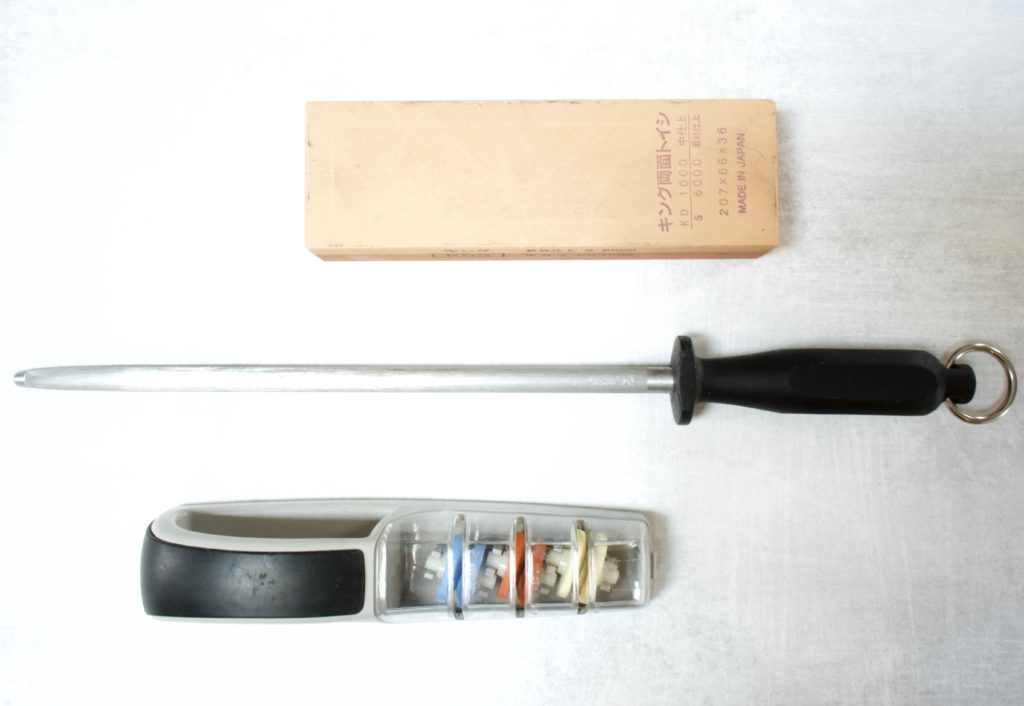
7. Learn how to use salt and when to use certain kinds. Salt is a very important ingredient in cooking. I’d say it’s probably one of the top reasons why restaurant food tastes better than a lot of home cooked food. Home cooks usually under season and don’t season food properly. Food that is seasoned in layers tastes better than food that is seasoned only at the end. You should season ingredients at the right time as you’re cooking. Boiling water should taste very salty when you are cooking pasta or blanching vegetables. Meat should be salted as soon as you bring it home from the grocery store. The kind of salt you use is very important too. Learn how salty your salt can be. There’s a big difference between Diamond Crystal kosher salt and Morton’s kosher salt and regular sea salt. Some salts are used only for finishing, such as Maldon. There are many varieties of salt and you should try out different kinds to find your preference.
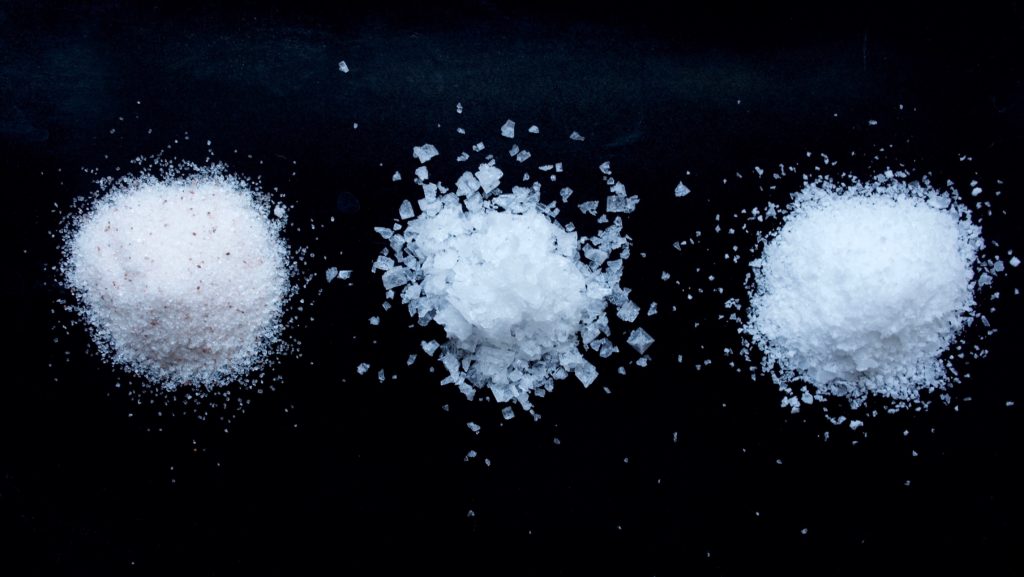
8. Use the best ingredients you can afford. Quality over quantity. If you have the choice between eating something that was grown or raised with care but eating it less often, which would you choose? I would eat a better, smaller cut of steak less times in the year than choose to eat factory farmed beef every week of the month. Quality ingredients just add up to better food and you have to do less to them to make them taste great. This could also apply to cooking tools, knives, pots and pans. Buy only the tools you really need that are of better quality. Don’t waste your money on things that only do one job or you’ll only reach for once a year. A restaurant supply store is a great place to find quality kitchenware for less.
9. Learn techniques, not recipes. Once you’ve mastered techniques, you can cook so many things without recipes. Of course, one has to start somewhere, so do start with recipes. Making a whole chicken in the oven tonight? You’re learning how to roast. Cooking a pot roast? You’re learning how to braise. Throwing leftover vegetables in the fridge with some protein in a skillet? That’s a stir-fry or a sauté’. Once you learn a technique, you can substitute ingredients and seasonings and cook from instinct, not recipes. As long as you have the basic technique down, nothing is limiting you to create something new.
10. Cook with care and enjoyment, not drudgery. A chef at a michelin starred restaurant once told me that everything that is cooked with care tastes better in the end. It’s true. Try to enjoy cooking and not see it as a task that is hard or unfulfilling. Everyone has to eat and since we can’t and shouldn’t eat out for every meal, you might as well learn to enjoy cooking. It’s a necessary skill that can bring so much joy to yourself and the people in your life. This is what I love about what I do. Making others happy by creating great meals. It’s the best feeling when I receive a compliment after the first few bites have been taken.
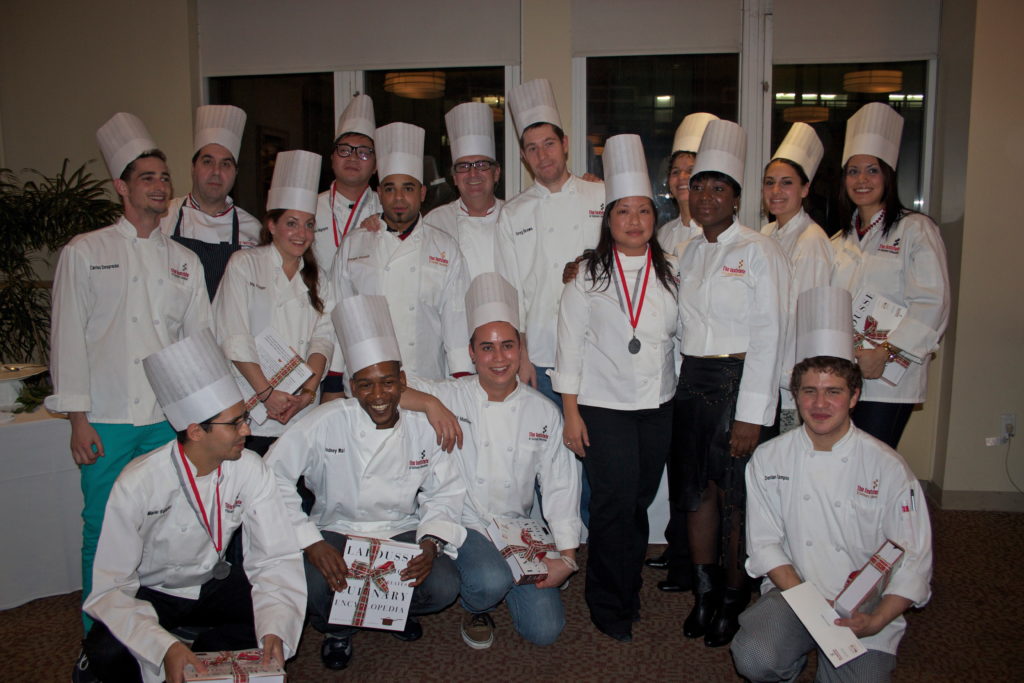
Pin it for later!
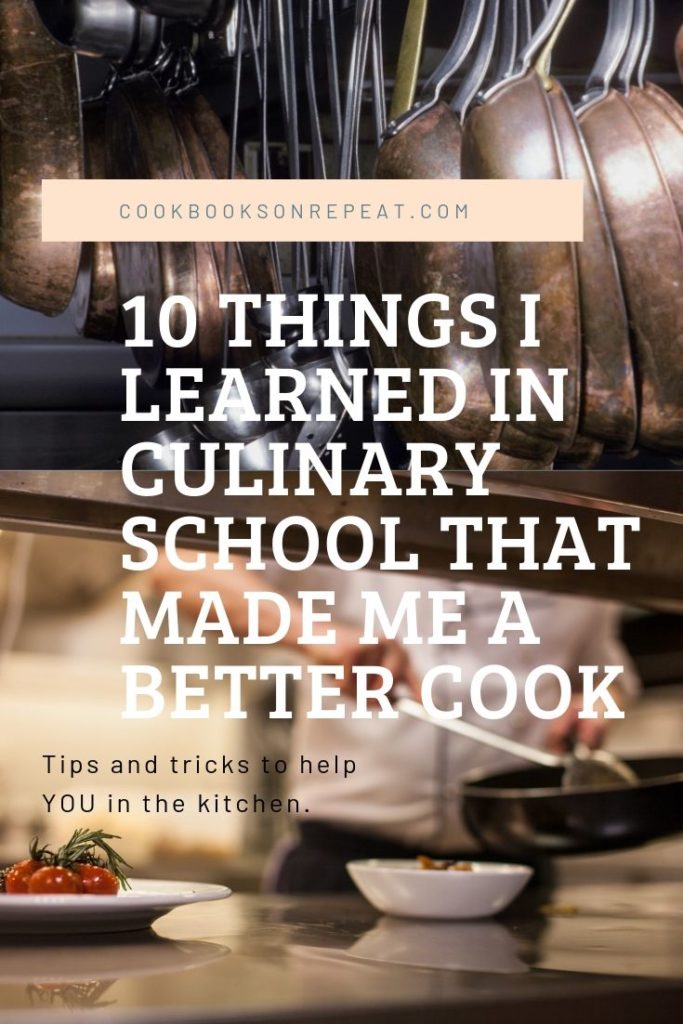

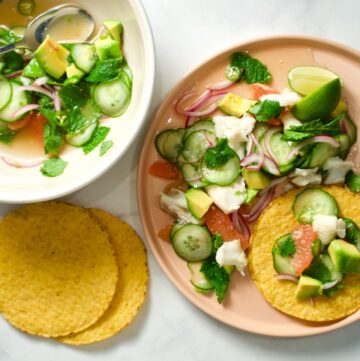
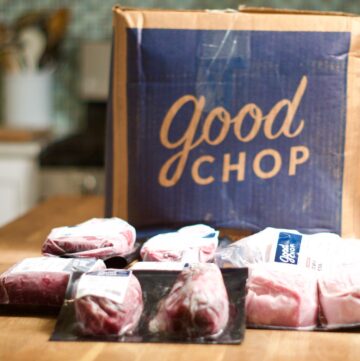
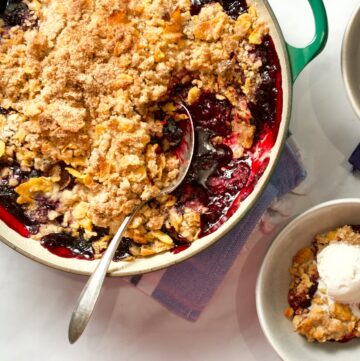
Thanks for all the helpful tips Susan! You’re so right about the seasoning, I tend to underseason when I’m cooking and always regret it haha
You’re welcome! So glad you found them useful.